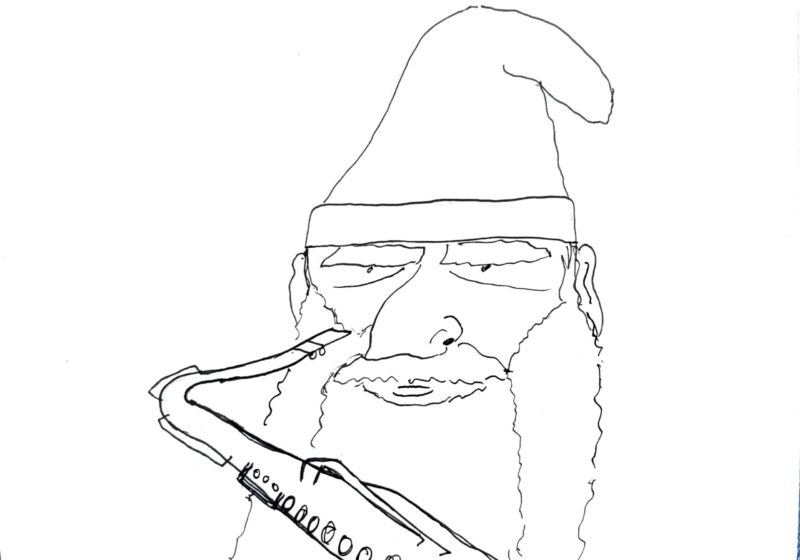The UR Medieval Society hosted Professor of English Thomas Hahn on Tuesday for a lecture entitled “Lonely Planet: Medieval Europe Visits Asia and the New World.” The lecture featured excerpts from Hahn’s upcoming book examining medieval interactions between Europeans and residents of foreign lands.
After an introduction from Medieval Society board member Ted Chelis, Hahn took the podium to address the assembled students and faculty. In total, about 30 people attended the event.
Hahn’s lecture touched on literature published by Europeans on encounters with other civilizations, specifically focusing on a reproduction of the first English book to mention America.
Hahn, a scholar of the nature and appeal of medieval English romances, began his speech with a critique and comparison of Thomas More’s seminal work Utopia. In comparing it to its contemporary work, including that of Amerigo Vespucci, he highlighted the treatment of America in the work.
In the course of his lecture, Hahn distributed copies of work made in medieval periods that have been restored and studied by various experts around the world. Hahn, as a member of this scholarly group, was able to share his opinion and analysis of the different pieces.
One of the highlighted pieces was a broadsheet published in 1510 that Hahn analyzed as a piece indicative of the viewpoint of many scholars in the medieval period. According to Hahn, the broadsheet presented was a reproduction of one that was displayed in Latin many centuries ago.
The assembled audience was introduced to the world of information in the medieval age, including the portrayals of natives of foreign lands in European literature. While his lecture was highly technical and introduced numerous pieces of evidence to support its conclusions, Hahn kept his audience interested with many pictorial exemplars and interesting side stories.
One of the key observations made by scholars of the period concerned the portrayal of natives as uncultured and savage. Hahn pointed out many examples of pictures created by Europeans of native Americans, Asians, and Africans showing savagery and nudity.
Also important to Hahn’s study was the sameness seen in images of people in foreign lands. “One of the things that happened is that you see is a carryover of ‘stock images,’ and a general repertoire of ‘Indianness,'” Hahn said. “The carryover is distinctively medieval.” According to Hahn, this was typical of Europeans because few had seen foreign lands and many had to base their images off of recollections and stereotypes.
Many in the Medieval Society found Hahn’s speech to be interesting, and the lecture concluded with a round of applause. “It is always interesting to hear new perspectives on medieval life,” senior Jenn Ostromecki said. “Professor Hahn’s lecture was very enlightening.”
The Medieval Society hosted a reception after the lecture, and plans to offer more events in the near future.Majarian can be reached at mmajarian@campustimes.org.



